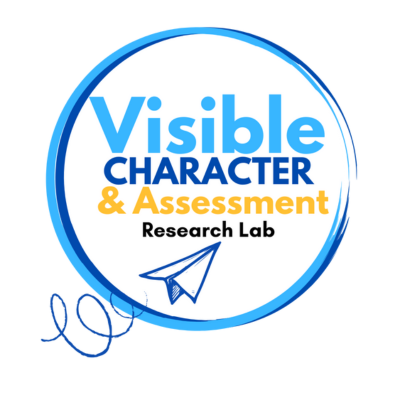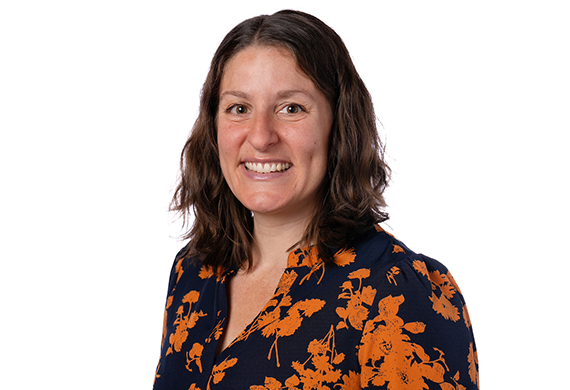-
About
Admitted Student Days
• Saturday, March 28
• Sunday, March 29
• Saturday, April 11Accepted Students: Be sure to register for one of our Admitted Student Days and explore all that Marist has to offer.
About
-
Academics
Admitted Student Days
• Saturday, March 28
• Sunday, March 29
• Saturday, April 11Accepted Students: Be sure to register for one of our Admitted Student Days and explore all that Marist has to offer.
Academics
-
Admission & Financial Aid
Admitted Student Days
• Saturday, March 28
• Sunday, March 29
• Saturday, April 11Accepted Students: Be sure to register for one of our Admitted Student Days and explore all that Marist has to offer.
Admission & Financial Aid
-
Student Life
Admitted Student Days
• Saturday, March 28
• Sunday, March 29
• Saturday, April 11Accepted Students: Be sure to register for one of our Admitted Student Days and explore all that Marist has to offer.
Student Life
- Athletics
Image of various books used within Marist's psychology department.
Visible Character & Assessment Lab
Psychology Department
Visible Character & Assessment Lab 
Grounded in data, driven by values, the Visible Character & Assessment Lab focuses on shifting from “what's wrong” to “what's strong” by focusing on the development of character strengths in school systems and meaningful assessment practices. The Lab is a research team of graduate and undergraduate students at Marist led by Dr. Trudel. The work explores how developing and applying character strengths can support student flourishing, while our assessment research is dedicated to creating tools and practices that translate data into meaningful, actionable insights for students, families, and society. The Visible Character & Assessment Lab hones in on strengths-based, equity-driven research that helps schools and practitioners see and support the whole child, and combine rigorous methodology with a commitment to positive student development.
Ongoing projects include:
-
Visible Character: This project focuses on developing the Visible Character Assessment, a trauma-informed, strengths-based tool designed to make student character strengths observable and measurable in school settings.
- Character strengths—positive, malleable traits that support students’ academic success, resilience, and well-being—are underrepresented in current assessment practices. The Visible Character Assessment seeks to address this gap by aligning with a whole-child framework and offering educators actionable data to foster character development from a strengths-based, trauma-informed lens.
- Cognitive Assessment: These projects investigate contemporary issues in cognitive assessment and the interpretation of intelligence measures. The work explores key topics such as the impact of the Flynn Effect on current intelligence tests, understanding testing effects on cognitive assessments, and how to ensure cognitive test results are interpreted meaningfully and ethically. In collaboration with researcher, Dr. Brittany Dale, from Ball State University and Dr. Emily Winter, from Touro University, under the tutelage of Dr. Alan S. Kaufman at the University of Connecticut, this project aims to advance the science and practice of intelligence testing in empirically grounded and socially responsible ways.
- Play Across the Lifespan: This project explores how play supports development, learning, and well-being from childhood through adulthood. Rooted in interdisciplinary perspectives, the work examines play as a self-directed, intrinsically motivated activity that fosters agency, cognitive development, and social connection.
- The project investigates the growing play deficit crisis among middle school–aged children (ages 10–14)—a critical developmental period marked by increasing academic demands, social pressures, and reduced opportunities for unstructured play. Drawing from research in education, developmental psychology, and public health, this study uses a scoping review to synthesize evidence understanding the decline in play and the rise in anxiety, depression, and sedentary behavior. The work is in partnership with Dr. Alicia Dugan from the University of Connecticut School of Medicine.

Meet the Visible Character & Assessment Lab Director
Sierra M. Trudel, PhD, is a Nationally Certified School Psychologist and Licensed Professional Counselor. She brings experience working with Pre-K through age 22 transition programs in urban and suburban comprehensive public schools and alternative and therapeutic educational settings. Primarily, she has worked with children and adolescents who have been historically underserved, who have experienced complex trauma, and those with social, emotional, and behavioral needs.
Get Involved with the Visible Character & Assessment Lab
The Lab is partnering with schools to better understand and support student thriving. If you're interested in incorporating strengths-based research and meaningful assessment practices into your community, contact the Visible Character & Assessment Lab below.
